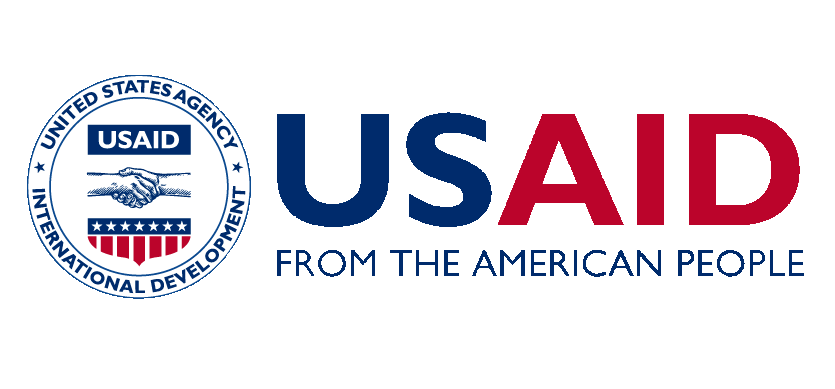In many developing countries, extreme weather events tied to climate change are increasingly threatening people’s property, livelihoods, and lives. Policymakers seek strategies to help people build resilience to these environmental shocks, which can exacerbate crises caused by poverty and poor health. This interactive infographic, shared via the web and social media, explains the concept of resilience in simple terms, highlighting the policy interventions that help families become more resilient to a crisis. Framing resilience as the integration of health and nutrition, education, and economic stability, the infographic outlines clear policy changes that decisionmakers across sectors can implement.
Year: 2015
Source: Population Reference Bureau


